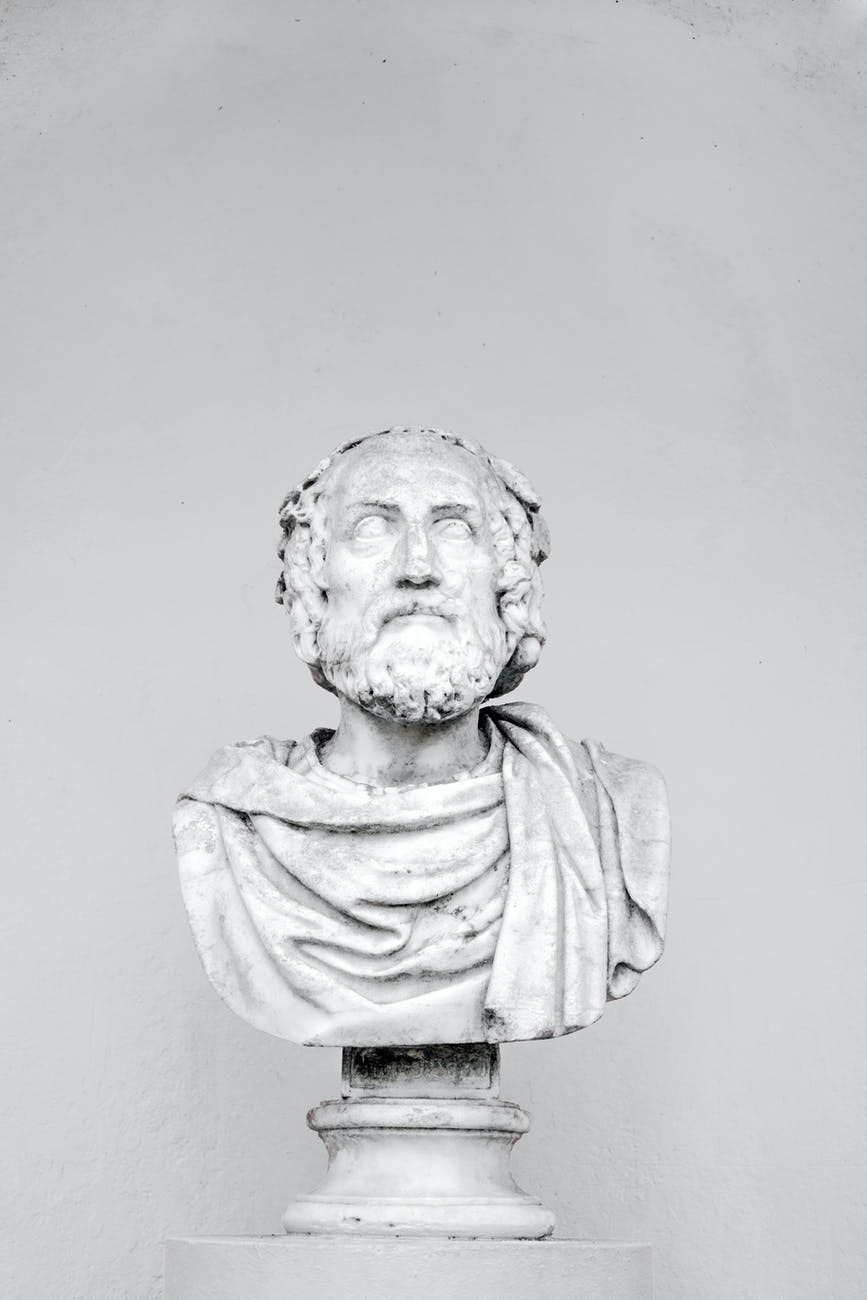Bought the Colossal Alaskan King crab legs and prepared them for dinner? Shook hands with the President of the United States? Climbed to the top of Mount Everest? Prove it- photos or it never happened.
We live in the age of the luxury of instant authentication: live news feeds of ongoing tornados, videos of marriage proposals, and photos to prove you met with your friends in a fancy local restaurant.
You expect me to believe that Jesus walked on the earth, that Moses once held a stone tablet of commandments, and a tree of life once grew in a place called the Garden of Eden – where are the photos, what evidence exists?
How do we authenticate events that occurred in antiquity?
I visited my local museum and saw dinosaur bones. If it weren’t for museum rules to the contrary, I could have touched them. Ancient data made accessible in modern times.
Should I expect to find a fossilized tree of life buried somewhere in the heart of Africa? If no one ever finds one, does this disprove the Bible?
What are fair expectations for authenticating Biblical people and events?
First, let’s consider how historians examine evidence about the past. Historians differentiate between primary and secondary sources. Primary sources are evidence created by people who experienced the event. For example, a government record from the time of the event or a letter written by a person who saw an event happen is a primary source. In the Bible, parts of the gospel of Luke and gospel of Matthew are primary sources as Luke and Matthew witnessed the events firsthand. The letters of the Apostle Paul to the Corinthians, Colossians, Ephesians, Philippians, etc. are primary sources. Biblical texts written in the original language are preferred to translations.
Secondary sources are created after the event by people who were not part of the actual event. A textbook is an example of a secondary source. Secondary sources often offer analysis of the event and integrate the event into an overall historical context.
Consider scholarly figures of antiquity. What evidence do we have for the existence of Socrates, Aristotle, or Cleopatra? The approach we use for these scholarly figures is the one we should use to authenticate Biblical people and events. Events that happened centuries before our own birth can feel distant and perhaps even unimportant. However, the people of antiquity laid the foundation of knowledge that we build upon today.
What do you consider strong evidence to authenticate people from antiquity?


